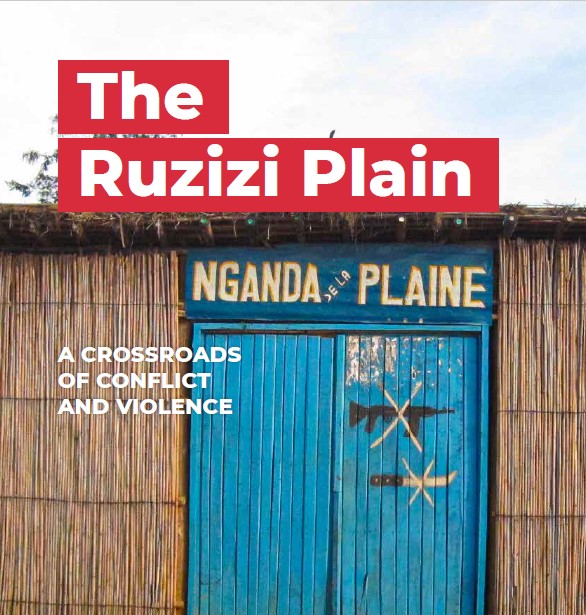The Ruzizi Plain
The Ruzizi Plain in South Kivu Province has been the theatre of ongoing conflicts and violence for over two decades. Patterns and dynamics of conflicts and violence have significantly evolved over time. Historically, conflict dynamics have largely centred on disputed customary authority – often framed in terms of intercommunity conflict.
Violence was connected to these conflicts, which generated local security dilemmas. Consequently, armed groups mobilized to defend their community, albeit often at the behest of political and military entrepreneurs with more self-interested motives. At present, however, violence is mostly related to armed groups’ revenue-generation strategies, which involve armed burglary, robbery, assassinations, kidnappings for ransom and cattle-looting.
Violence is also significantly nourished by interpersonal conflicts involving debt, family matters, and rivalries. In recent years, regional tensions and the activities of foreign armed groups and forces have become an additional factor of instability. Unfortunately, stabilization interventions have largely overlooked or been unable to address these changing drivers of violence. They have mostly focused on local conflict resolution, with less effort directed at addressing supra-local factors, such as the behaviour of political elites and the national army, and geopolitical tensions between countries in the Great Lakes Region. Future stabilization efforts will need to take these dimensions better into account.




